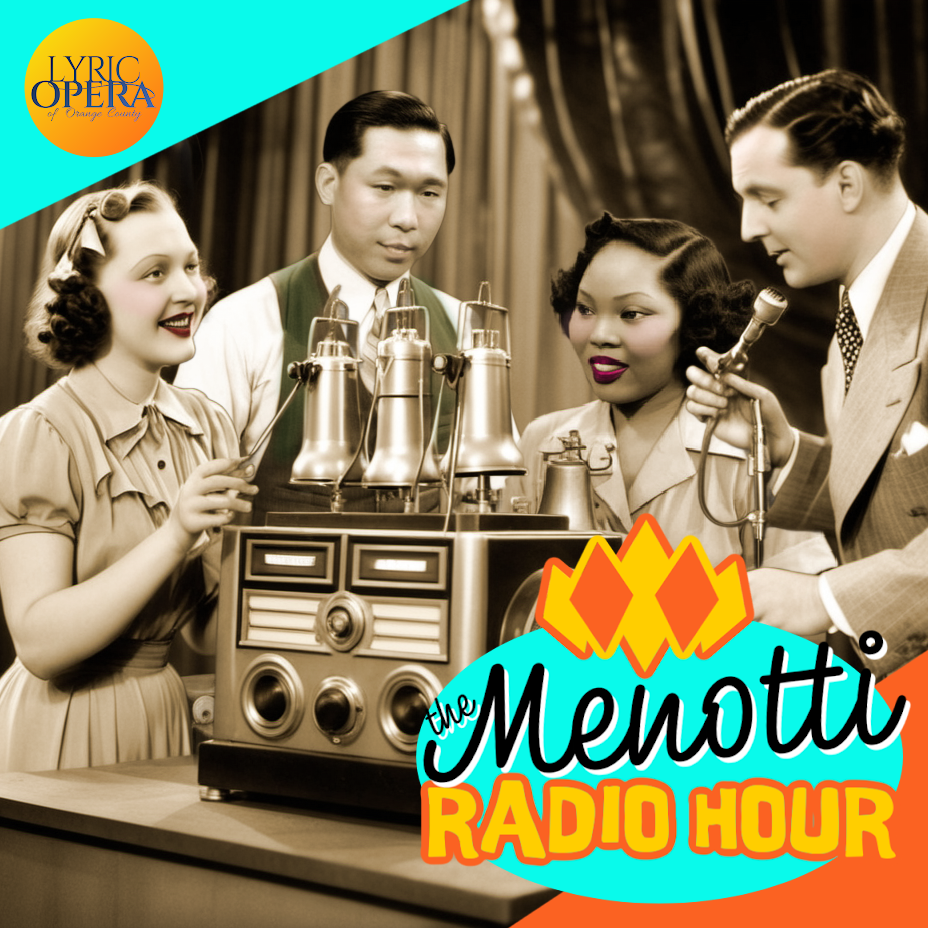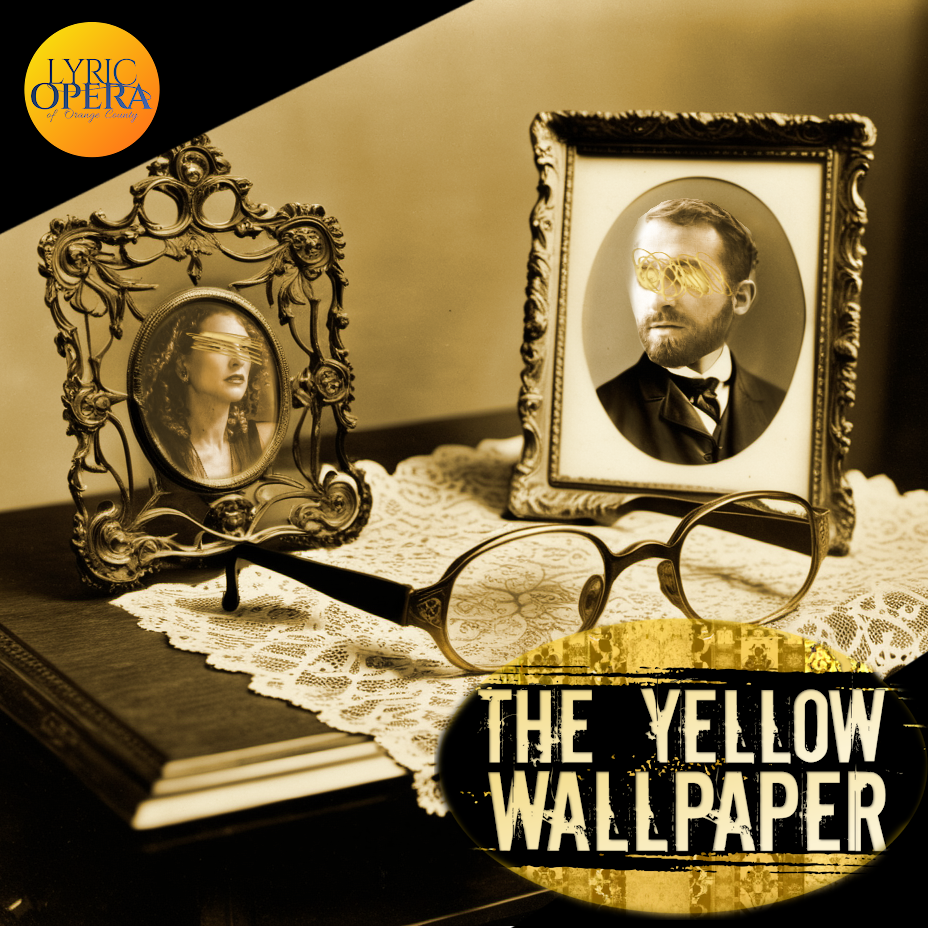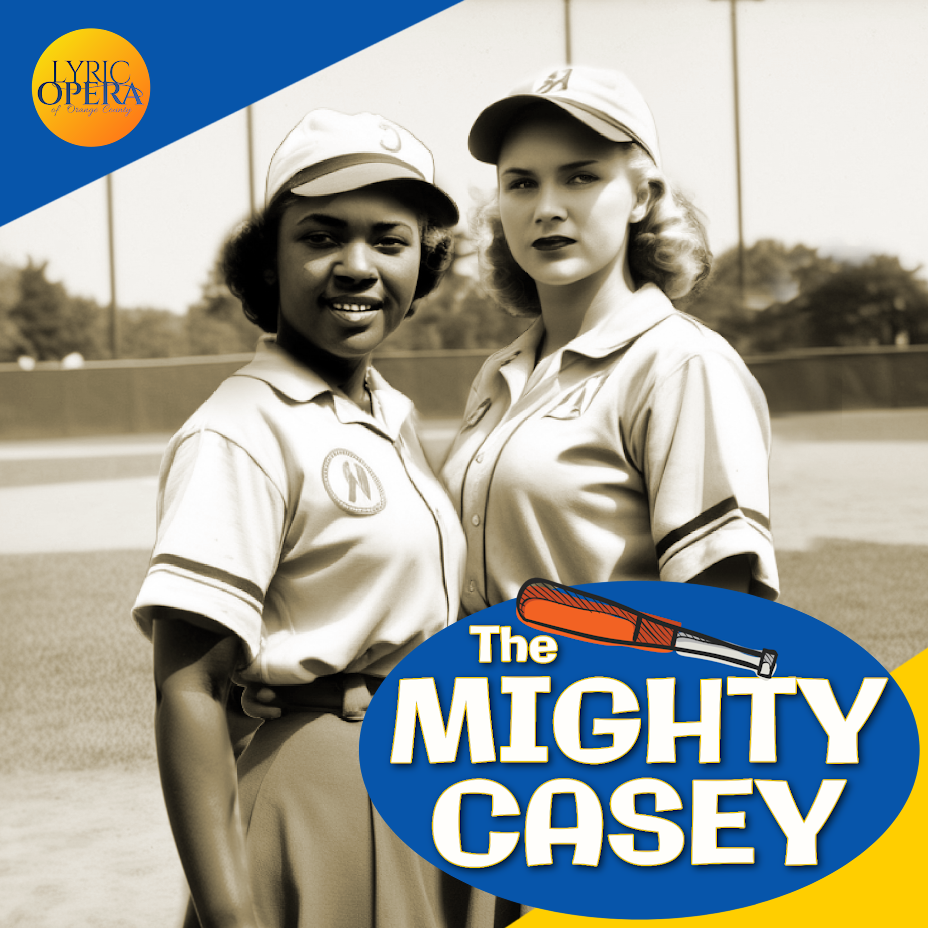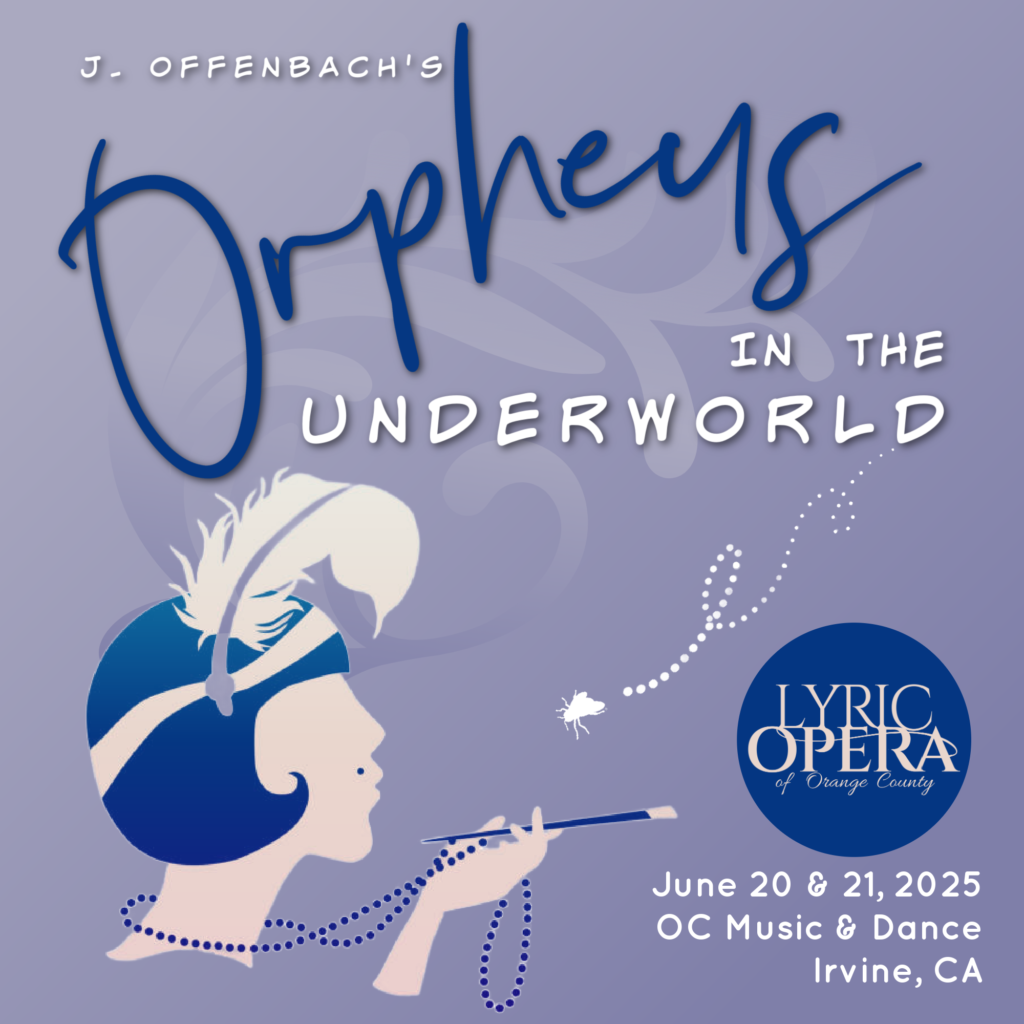Off Book: Intro to Off Book Series
April 1, 2021
Diana Farrell
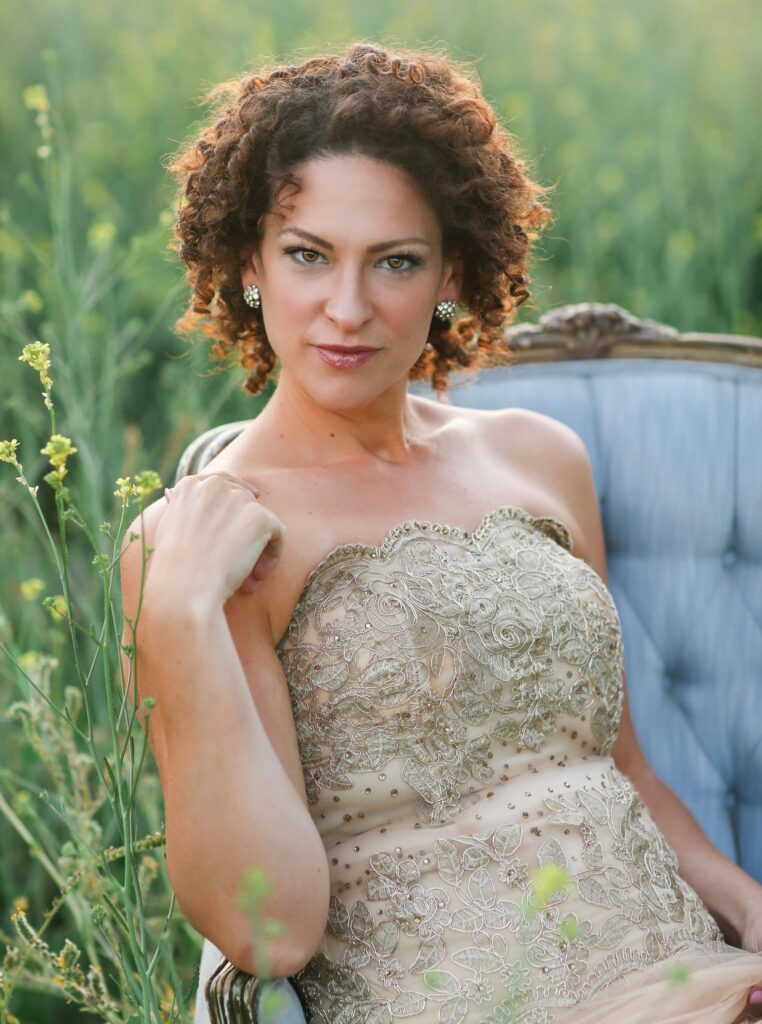
When I was graduating from my masters I participated in a competition that I’d seen posted on a singer’s forum. The auditions were about two hours away from another audition I was traveling for, so it seemed serendipitous. I went, arrived early and was asked to sing in place of someone who was running late. I obliged, sang, and was pleased with my performance. That alone was an exciting feeling at a time when I grappled with overwhelming audition anxiety. I was told that if I was a winner I would get a call that afternoon and if not I would receive a call with the judges’ feedback the next day. I drove home and told my dad about the competition and how I thought I’d done well. I was disappointed when my phone didn’t ring, but not devastated because I was proud of my performance.
The next day a rep from the competition called. We made the customary small talk – me thanking her for the opportunity, she providing friendly condolences. Then she began her more formalized script, which I’m sure she had already delivered at least 25 times that day. “I’m calling because the audition committee likes to follow up with singers so they can use feedback to improve their chances in the future. I’m just going to read straight from the judges’ comment cards. These aren’t my comments; they’re the judges.” Of course, I replied. I heard her take a deep breath and as I quietly waited I imagined her focusing her bifocals to read a judge’s rushed penmanship. Then she repeated herself. “Now, these aren’t my comments. I’m just going to read what they wrote.” I sensed the hesitation in her voice and braced myself. I’d heard that tone before. Usually it would say, “thanks, but we’re going a different way;” or “it sounds lovely, but you’re a little big for the part;” or the most common “you’ll be lovely in this role, someday.” I held my breath.
“Screechy voice. Rather unpleasant.” I felt like the floor was falling out from under me.
“Very tight vibrato. Sharp.” I felt a wave of fire hit my face as I suppressed tears.
“Should consider a change in career goals.” What was I going to tell my father in the next room? He’d always thought a much more practical use of my talents was to get my realtor’s license and start working steadily. How could I have been so wrong about my performance? Was I so delusional in thinking I could be a singer that I’d convinced myself I’d actually done well?
“Voice unsupported and breathy. Should not be singing Puccini.”
“I didn’t sing Puccini!” I felt my voice blast through the phone, finally releasing the pressure I’d built up.
“It says here you sang Puccini. Bohème? And Handel?”
“No,” I was almost breathless, “I sang Mozart and Berlioz.”
The woman politely and quickly said she needed to check something and that she’d call back. I began pacing. Mentally, I started tearing myself down for being naive and for believing I’d done well. When our conversation resumed she asked for my audition time. I explained that I’d actually sung almost an hour earlier than planned. That little bit of information changed everything and she laughed, relieved. She explained that the person whose place I was taking had the same initials and that (for whatever reason) the audition time and initials of each singer were part of the scorecard filing system. My scorecard and that of another singer – we’ll call her “Dina” – had been commented on correctly, but misfiled in each other’s folders. “You sang Berlioz and Mozart, correct?” she confirmed; then she read the comments from my scorecard.
“Warm, rich sound. A full lyric with room to grow. Excellent Mozart. Great presence. Excellent feel for legato. If not a winner this year, then a contender in the future.” I was elated. I hardly listened as our conversation ended, her with friendly and humble apologies for the confusion and a hearty congratulations for my favorable results.
In truth I did not think back on “Dina”, the competition, or the judges initial comments immediately. It was not until a few seasons later when, confronted by a casting director I’d just met, I was told what roles I did and did not have the temperament for. After hearing me sing maybe two arias, this person had decided that their impression of me as a person, as an actor, and as a singer should be my impression of me. I smiled politely but knew emphatically that he was wrong in his proselytizing. That’s when those initial comments from that competition slipped back into my head. I had a visceral memory of feeling like I should quit; throw 6 years of college studies and my upcoming artist diploma in the bin, all because I let a stranger’s opinions override my own. Those remarks weren’t even about me and, despite knowing the success of my performance at the time, I traded someone else’s criticism for my own truth without hesitation. I know I am not the only person who has been made to question or doubt their own ability and potential. For so many people, that is the end of the dream. We confuse opinions with facts and suddenly that parallel career is the only career. (And while I didn’t get my realtor’s license, I did spend the next decade daylighting in the exciting world of dental insurance coding. Being well rounded has plenty of benefits). That was a turning point for me. That was the day I decided I knew my worth as an artist and was ok if a stranger didn’t value me the same way. I hope “Dina” never heard her actual comments, and if she did I hope she was resilient and knew better than I did at 23 that those three people’s opinions didn’t matter. I hope she kept studying and auditioned and performed and honed her craft. I hope she rolled her eyes at the idea that her total worth was reflected in her 5-minute audition and that was enough time for someone else to decide how her life should be. I did go back and enter that competition again a couple years later. I won, but only because I didn’t give up 2 years earlier.
Michael O’Halloran
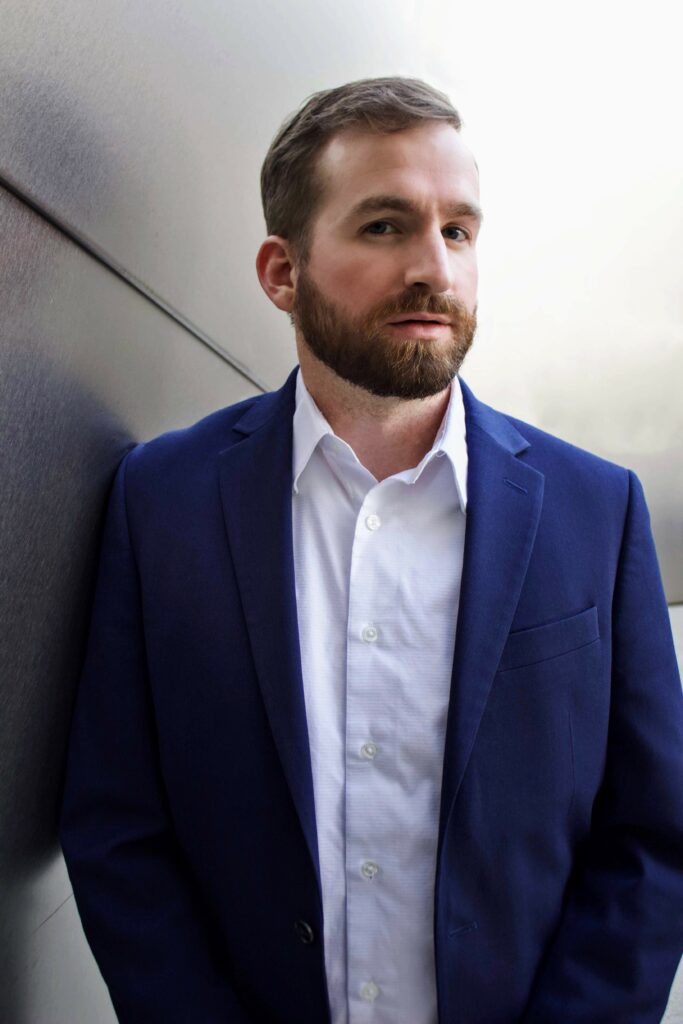
Thinking back on the joys and terrors of being an emerging artist, if there were one thing I could tell myself, it would be to follow your own compass, allow life to happen, and everything is going to be okay. Being educated in the American conservatory system, I was indoctrinated with all sorts of maxims – both helpful and harmful. Of course, many served me as both an artist and a professional (being 20 minutes early to every audition made sure I had the time to center before “showtime”; having clean, well-documented copies of my music with clear cuts marked absolutely saved both me and my collaborator during my bel canto selections; never complaining about a prop or costume encouraged respect for and saved embarrassment and hurt feelings in the artists that created them), but taking advice beyond the realm of common sense and human decency led me into awful situations far beyond my maturity and capacity to advocate for myself as a young person (“Don’t associate with the chorus as a principal, it makes you look like an amateur”, “You do have to sell at least $500 worth of tickets, but it’s worth it for the ‘exposure’ as the butler with one line”, and “He’s kinda handsy, but knows everyone and gets connections so wear something tighter and just let him do whatever”).
I spent a lot of time agonizing over the things we do that don’t align with my values or what I wanted from life because “that’s how it is in opera”. Thinking that there was only one path or person or opportunity between me and “making it”, I frequently took advice that was absolutely awful outside of the ‘lens’ of professional classical music–my goodness the explaining I had to do to friends outside the opera world…they (rightfully) thought I was insane! Luckily, as an industry we are starting the very uncomfortable process of waking up and shaking up, but I wish I could tell myself to absolutely continue to strive for musical excellence, but that it is ok — and even preferable — to remain stalwart in your commitment to your own values – truly nothing is worth compromising your integrity.
All that said, my outlook on my career has completely changed since I was a student. When I was in conservatory, I was obsessed with where I would sing — I only wanted to sing at the biggest, most prestigious, incredible houses around the world, and didn’t care what I had to do to get there. I happily took on six figures of debt thinking that a top-name conservatory would “give” me a world-class voice and world-class career. Now, I focus more on how I am singing, what I am singing, and what actual impact I want to make on the world — and I am so much happier for it. By allowing myself to both fail with grace and succeed with humility, I have experienced the true range of emotions that we try to communicate on stage, which at the end of the day is the entire goal of our art.
Like everyone, I have had ups and downs in my career – the realities of life and loss, as well as chronic illness and COVID have impacted my own physical capacity to sing and the availability of singing work. Rather than fighting life as it comes to try to reshape myself to conform to what I was taught a career should look like, I have found that incredible paths have opened as I have refocused on what is important to me, and shaped a (very non-linear) career that brings me joy, opportunity, and fulfilment. We’ve all heard that as singers, we are only as good as our last performance, but really I think we are only as good as our actions towards others. Reframing and reprioritizing my life as an imperfect human who sings has opened an entire world of possibility in expression, honesty, and relevance in my storytelling.
